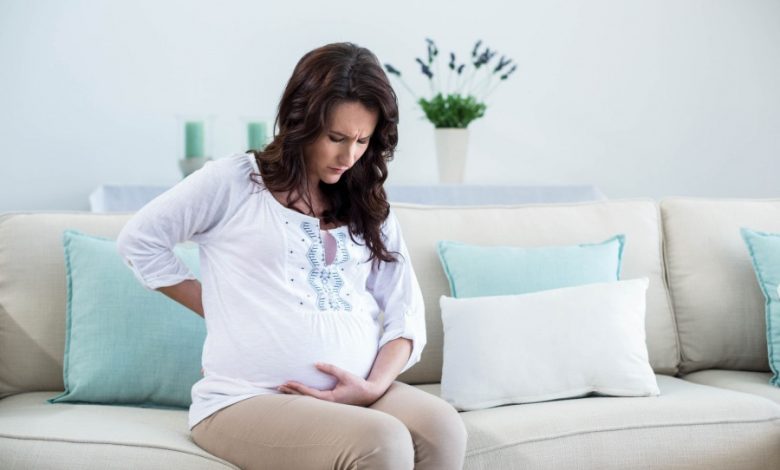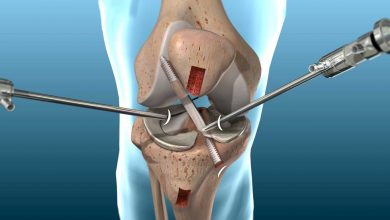Is it normal to have pelvic pain during pregnancy?

Pelvic pain during pregnancy is one of the common issues in women. According to science, at least 80% of women report pelvic pain at some stage of their pregnancy. If it occurs early in the pregnancy, it can be a sign of stretching the body or creating space within the womb. Later in the pregnancy, it is mainly caused by the stretching of the ligaments in your abdomen. If you or anyone you know is going through aggressive chances of pregnancy stages, you can connect with the experts of TX Hospital.
- Pelvic pain is majorly caused by the signs of symphysis pubis dysfunction (SPD) or pelvic girdle pain (PGP), the condition where the ligaments supporting the pelvic bone relaxes due to the hormone called relaxin.
- In most cases, the pain occurs in a mild range, but in some others, it can be severe or even disabling. If you have persistent pain in your pelvic area, you can talk to your doctor and understand the cause of the pain. This is because understanding may help you treat the disease better.
What are the early signs and symptoms of pelvic pain during pregnancy?
Different types of pelvic pain are present generally during pregnancy:
- The cramping pain is similar to menstrual pain
- You may have persistent pressure on your pelvic area
- You may also develop pain in your pubic area
- Lower back pain
- Pain that radiates down to your thighs
- Itching or clicking sensation in your pelvis area
What are the most probable causes of pelvic pain during pregnancy?
Sometimes, pelvic pain appears like any other pain in your body especially when you’re pregnant. It can be the ultimate cause of gas, cramping, bloating, constipation, or some others. If you experience persistent pain in your pelvis area, you should connect with your doctor. Also, with the progress of the pregnancy, you may develop different kinds of pelvic pain like:
First trimester
Pelvic pain in the first trimester of your pregnancy is generally the pain that helps to develop room for the growing baby. It can create digestive issues and tend to worsen during pregnancy. Pelvic pain in the early months of pregnancy can also be a sign of miscarriage. The most serious cause of pelvic pain in early pregnancy is ectopic pregnancy, the type of pregnancy that occurs outside the uterus. Ectopic pregnancies require immediate medical attention.
Second trimester
In general, during the second trimester of pregnancy, there can be round ligament pain that is the most common consequence of pelvic pain. The round ligaments generally support the uterus and they start stretching during pregnancy to accommodate the growing baby. The pain due to round ligaments is the sharp pain that is most likely to be felt in the abdomen or the lower hip area or either side of the body. There can be any jerk or any sudden movement that may cause the ligaments to retract and develop pain. The pain may last a few seconds and get better till the third trimester of the pregnancy.
Third trimester
There occurs pelvic girdle pain (PGP), which is sometimes called symphysis pubis dysfunction (SPD) and that may occur during any stage of the pregnancy but is more common in the late pregnancy. The pain may develop in your pubic area, which may radiate to the level of your hip area, or in either side of the lower back or even in the perineum, that is the area between your vagina and anus. The pain may also radiate throughout your body, especially including your thighs. You are supposed or likely to develop this kind of pain with a grinding or clicking feeling in your pubic area. On the other hand, PGP is not likely to harm the baby or baby’s growth, but can be dangerous for your health and may also create uncomfortableness.
When is the right time to go to a doctor for pelvic pain during pregnancy?
If any of the following causes or symptoms persist in your body, you should call your doctor right away:
- Fever or chills
- Vaginal bleeding
- lightheadedness
- Severe pain
- Trouble moving around
- Leaking of white or transparent fluid from the vagina
- The baby is showing less movement
- You may develop the chances of having blood in your bowel movement
- vomiting
- Diarrhea after certain intervals and recurring
Other reasons:
- pelvic pain becomes so intense that it creates difficulty for you to move around
- severe headache
- sudden swelling of your limbs including hands, feet, face
Immediately head to your hospital or doctor if you have any of these symptoms. Also, you may likely experience any of these symptoms in addition to fever, chilling and vaginal bleeding.
How can you diagnose pelvic pain during pregnancy?
Your doctor may ask your medical history to understand the symptoms and do a physical test. If necessary, your doctor may also refer to your ultrasound, MRI, or any kind of other test that may help to find the exact cause of pelvic pain. Your doctor may also recommend you a urine test or blood test for any other issues.
What are the preventive measures you can take?
In general, the treatment for your pelvic pain depends on the cause of it. It may include a combination of treatments, therapies, or medications. To avoid the issue of any kind of pelvic pain, you can have the following preventive measures:
- Do not try to lift heavy objects
- Try to sleep with a pillow between your knees. You can take more pillows if you often feel the pain.
- Move less, slowly, or more often
- You can use a heating pad that should not be used for more than 10 minutes for one area
- Try to have some rest. It is good even for longer hours
Where in the body do you experience greater impact?
Most of the time, joints, muscles, and bones often get impacted during pregnancy. The pressure in your pelvis area may increase your feelings that may not go by until delivery. You may likely get the pressure or pain even when your baby drops when the baby is in continuous movement for its preparation of delivery.
You may also notice these feelings including pressure and pain in your pelvic region when you happen to have any kind of movement related to your womb. This can also be because of the up and down motion of walking, climbing stairs, or even going through the bumps in a car.




